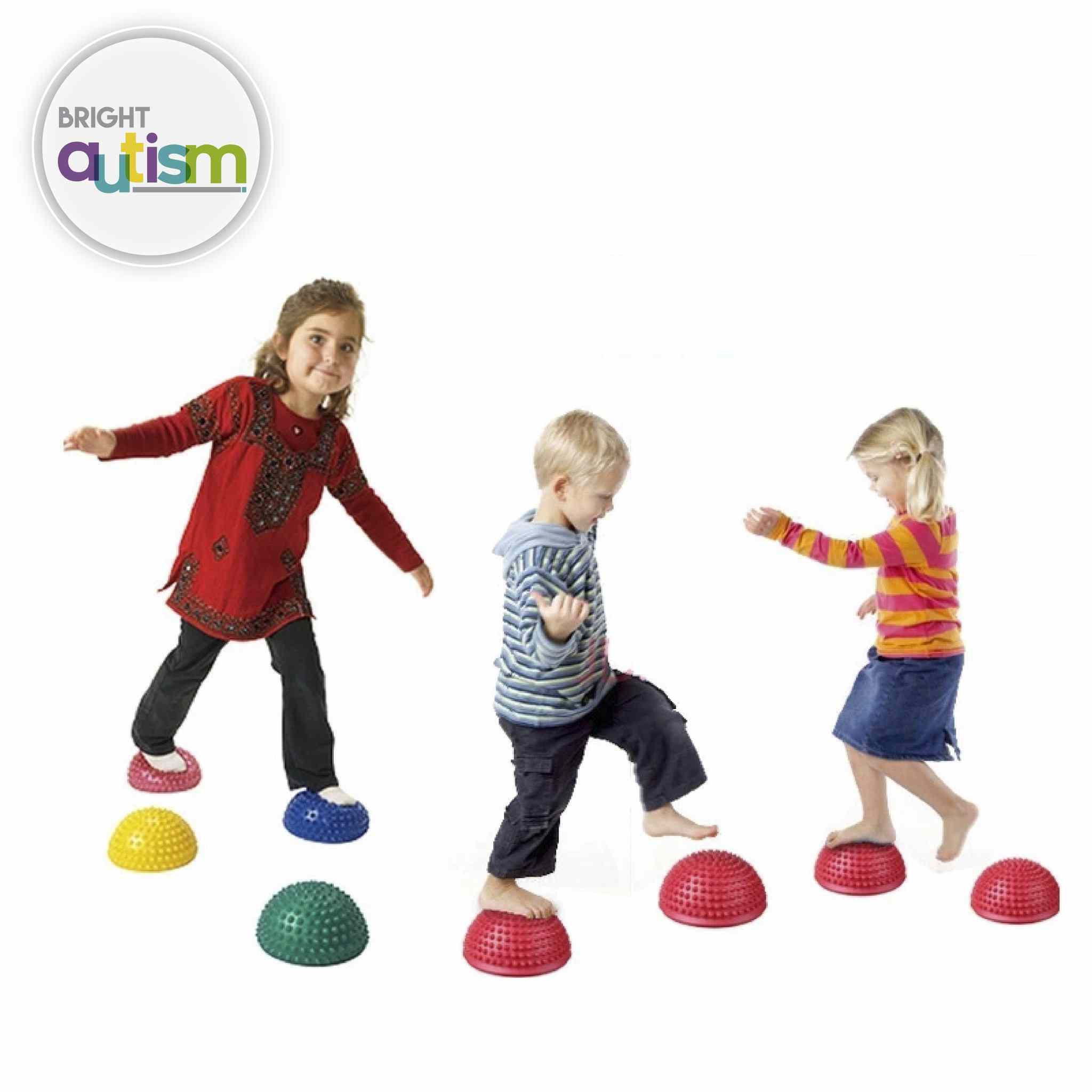
For many families and educators, finding effective tools to support children with autism spectrum disorder (ASD) in developing social skills is a top priority. Among the myriad of strategies, role-playing games (RPGs) have emerged as a promising avenue for fostering social interaction, communication, and imagination. In this article, we delve into the benefits of RPGs and how they can be tailored to meet the unique needs of individuals with autism.
Role-playing games, at their core, are about stepping into the shoes of a character and navigating a world of challenges and social interactions. This imaginative play can be particularly beneficial for children with ASD, as it provides a structured yet flexible framework for practicing social cues, problem-solving, and empathy. When adapted with care, RPGs can create a safe and enjoyable environment for learning and growth.
One of the key advantages of using RPGs as a therapeutic tool, is the opportunity they provide for guided social practice. In a typical RPG session, players must communicate with each other to devise strategies, share information, and make collective decisions. For a child with autism, these interactions can serve as a rehearsal for real-life social scenarios, allowing them to build confidence and social understanding in a controlled setting.
Moreover, RPGs can be adapted to suit various developmental levels and social goals. For instance, games can be simplified for younger children or those with limited verbal abilities, focusing on nonverbal communication and turn-taking. Conversely, for older individuals or those with more advanced skills, games can incorporate complex narratives and moral dilemmas to challenge their social reasoning and perspective-taking abilities.
It's important to note that the success of RPGs in enhancing social skills hinges on the game being led by a facilitator who understands the nuances of autism. This individual can be a therapist, educator, or trained volunteer who can guide the game's flow, provide prompts and feedback, and ensure that each player is engaged and supported throughout the experience.
Integrating role-playing games into therapeutic sessions or educational curricula requires thoughtful planning and customization. Here are some steps to consider when introducing RPGs to children with ASD:
- Choose an appropriate game that aligns with the child's interests and skill level.
- Modify the rules and gameplay to accommodate the child's needs and ensure inclusivity.
- Establish clear expectations and structure for the game sessions.
- Use visual aids and concrete examples to help the child understand abstract concepts.
- Incorporate breaks and sensory-friendly activities to prevent overwhelm.
- Provide positive reinforcement and celebrate successes, no matter how small.
While the benefits of RPGs for children with autism are clear, it's also essential to recognize the role of toys and tools that can complement these games. Sensory-friendly toys, like balance balls, can be used to enhance motor skills and provide a calming influence during breaks in gameplay.
These Semi-Spherical Training Balance Balls can be a great addition to any therapeutic play session. They not only support physical development but also encourage focus and patience, which are crucial skills in both RPGs and daily life.
As we continue to explore the potential of RPGs for social skill enhancement, it's encouraging to see a growing body of research and anecdotal evidence supporting their use. Parents and professionals alike report seeing improvements in communication, cooperation, and emotional regulation in children who participate in role-playing activities.
Role-playing games are not a one-size-fits-all solution, but they offer a versatile and engaging way to address the social challenges faced by individuals with ASD. With the right support and adaptations, RPGs can be a valuable addition to the therapeutic toolkit, providing a fun and meaningful way for children to learn and grow.
For more resources and information on supporting individuals with autism, visit Bright Autism Blog, explore our collections, or check out our full range of products at Bright Autism.
Ultimately, the journey of enhancing social skills in children with autism is one of patience, creativity, and compassion. Role-playing games are just one of the many tools that can make this journey more enjoyable and successful. By embracing these games and the many other resources available, we can create a world of opportunities for children with ASD to connect, engage, and thrive.










Leave a comment